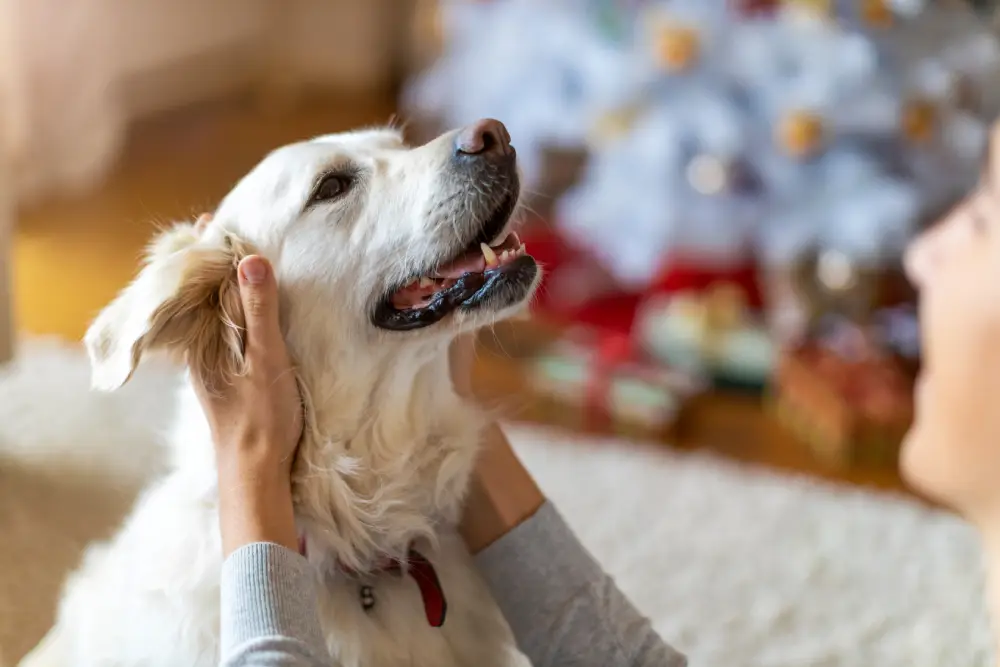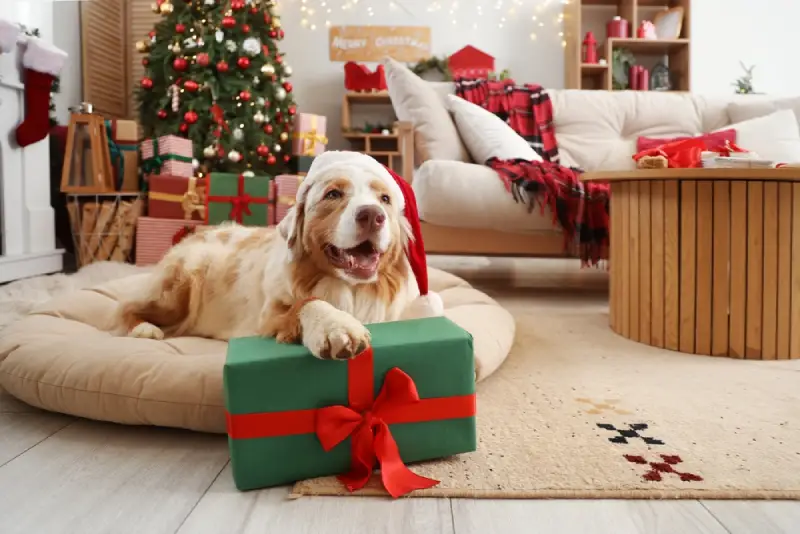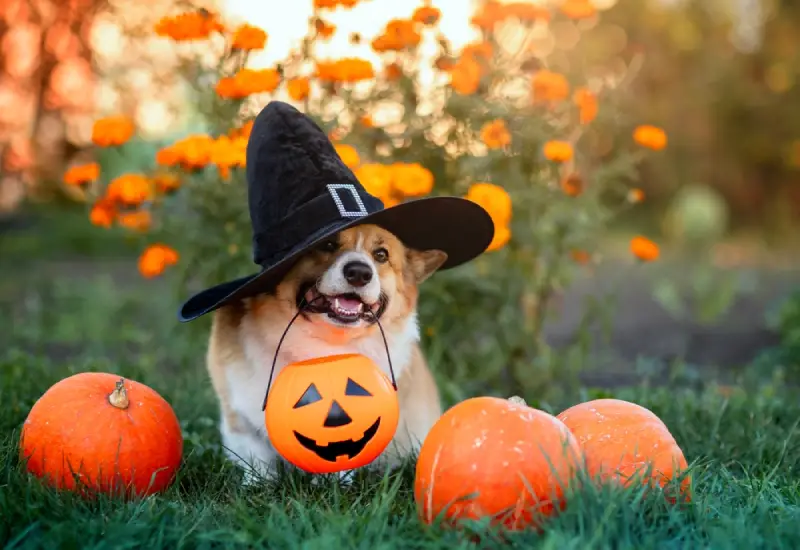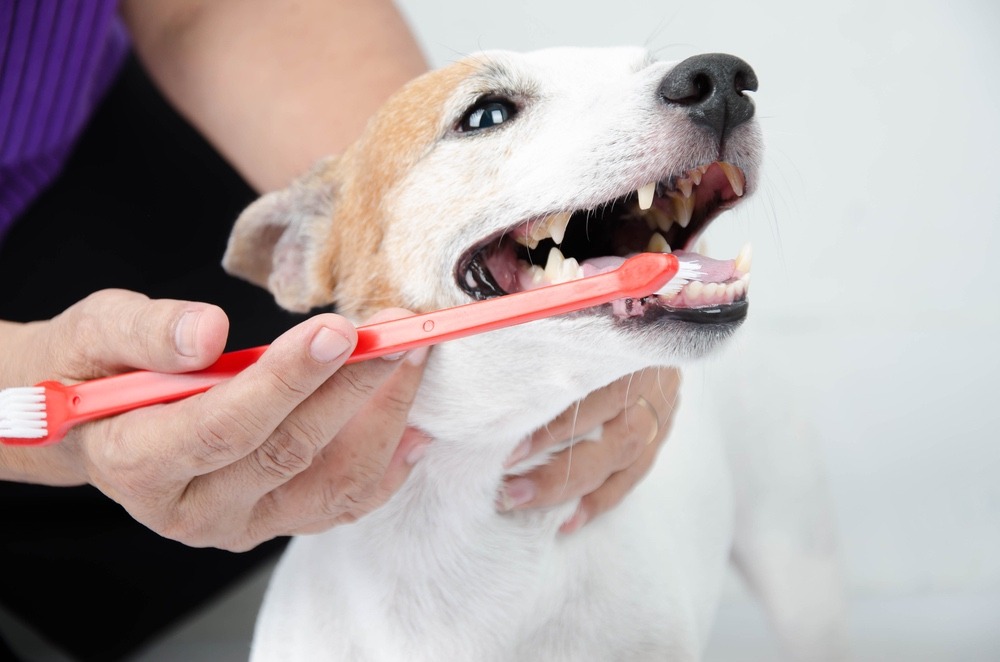
Your dog’s teeth and gums are as susceptible to disease and decay as yours are. That’s why it’s important to regularly brush their teeth, provide them with a nutritious diet and offer plenty of chew toys to promote good dental health. Giving your pup’s oral health the same care and attention as you give your own will help prevent issues like plaque, periodontal disease and halitosis, helping your dog live a happy and healthy life.
The key to ensuring your canine companion has the best dental care is knowing how to brush their teeth thoroughly, looking out for signs of oral disease and getting into a regular routine. This handy guide has all the information you need to protect your pup’s pearly whites.

How to remove plaque from your dog’s teeth
Removing plaque from your dog’s teeth will help maintain and promote good oral health. Plaque forms on your dog’s teeth after they’ve eaten and if it remains in contact with the tooth for more than three days, it hardens to become tartar. This is noticeable from its brown appearance, tendency to cause bad breath and gum inflammation.
Brushing your dog’s teeth is a crucial part of establishing a good dental care routine and it’s essential that you use toothpaste specially formulated for pets, as human products can be toxic to dogs. How often you brush your dog’s teeth will depend on their eating habits, but ideally you should brush your dog’s teeth every day if possible, or a minimum of three times a week.
It’s best to start an oral routine early when your pet still has their milk teeth, which they’ll lose at around 4-6 months of age. To get your dog used to the process, start by placing the pet-safe toothpaste on your finger and allowing your dog to come to you. After about one week of your dog licking the paste off your finger, they may feel comfortable with you rubbing the paste on their gums and teeth.
To clean your dog’s teeth thoroughly, concentrate on the outside of their teeth as this is where plaque is most likely to build up. You can move onto gently using a toothbrush once you think your dog is ready. Don’t worry if your dog resists having the inner surfaces of their teeth cleaned, as only a small amount of tartar should accumulate there. To help remove tartar between brushes, you should provide your pup with plenty of chew toys and dental sticks.
Feeding your dog a complete and balanced diet will also help maintain their oral health, as the abrasive texture of nutritious kibbles and hard tasty treats can help to dislodge plaque. To give your pup something delicious to bite on, why not try our Dream Treats Stuffed Twists? You should also take your dog for a thorough dental examination every six to 12 months to check for signs of oral disease.
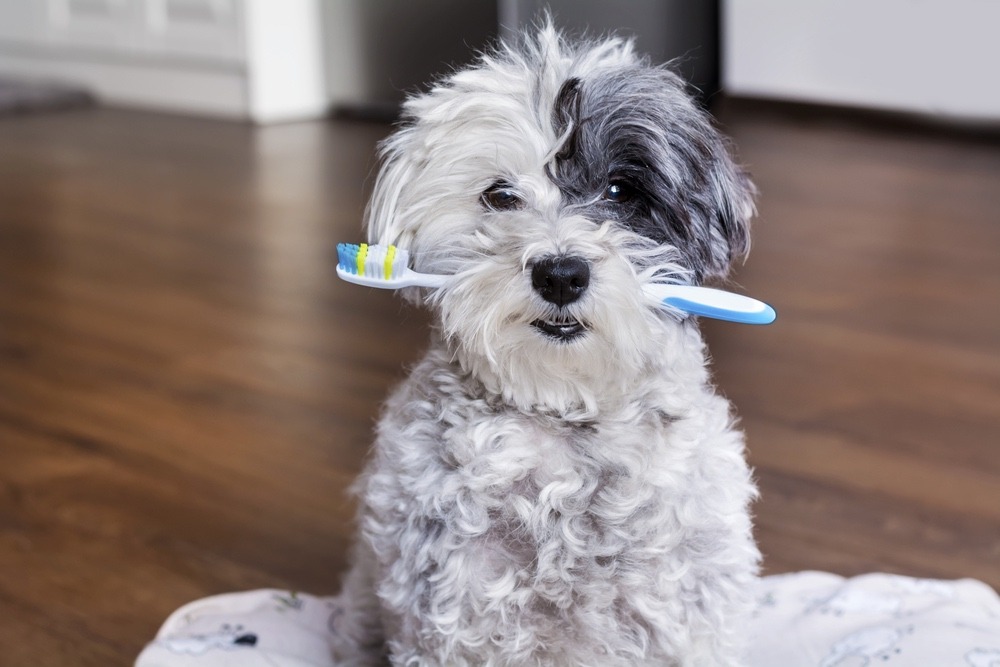
Signs of dental disease
There are some signs to look out for that may indicate that your dog has a problem with their dental health. These include: bad breath, bleeding gums, excessive salivation, discoloured teeth, cysts under the tongue or difficulty eating. Some of the common mouth problems your canine may encounter are:
-
Periodontal disease: Periodontal disease is an infection between the tooth and gum that can cause tooth loss. It results from a build-up of tartar irritating your dog’s gums and causing an infection that spreads. Signs include loose teeth, bad breath, tooth pain and nasal discharge.
-
Gingivitis: This is an inflammation of the gums caused by an accumulation of plaque, tartar and bacteria. Signs include bleeding, swollen gums and bad breath.
-
Halitosis: Commonly referred to as bad breath, halitosis can be the first sign of a dental problem. It is caused by bacteria growing from food particles caught in the teeth and can be prevented with regular brushing.
-
Canine distemper teeth: This disease can occur if your dog had distemper as a puppy. Adult teeth can appear eroded and can often decay, leading to damaged teeth needing to be removed by a vet.
If you suspect that your dog has developed dental disease, you should take them to the vet as soon as possible to prevent further issues.
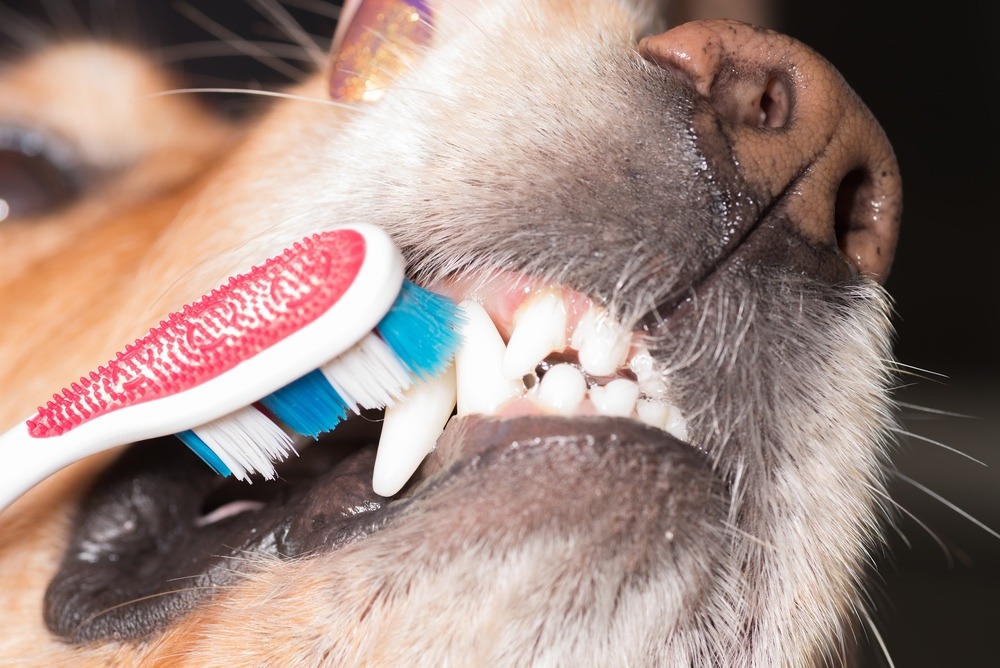
The Webbox Difference
At Webbox, we pride ourselves on seeing the world from a dog’s point of view, so we can understand what they want – not just what they need. We put our love, playfulness and excitement into everything we make, offering fantastic food and tempting treats designed to help keep your dog happy and healthy. For tasty treats and chomping chews, shop our dog food range today.

Shop for Dogs

Personalise your search:
Shop for Cats

Personalise your search:
Our Most Popular Products
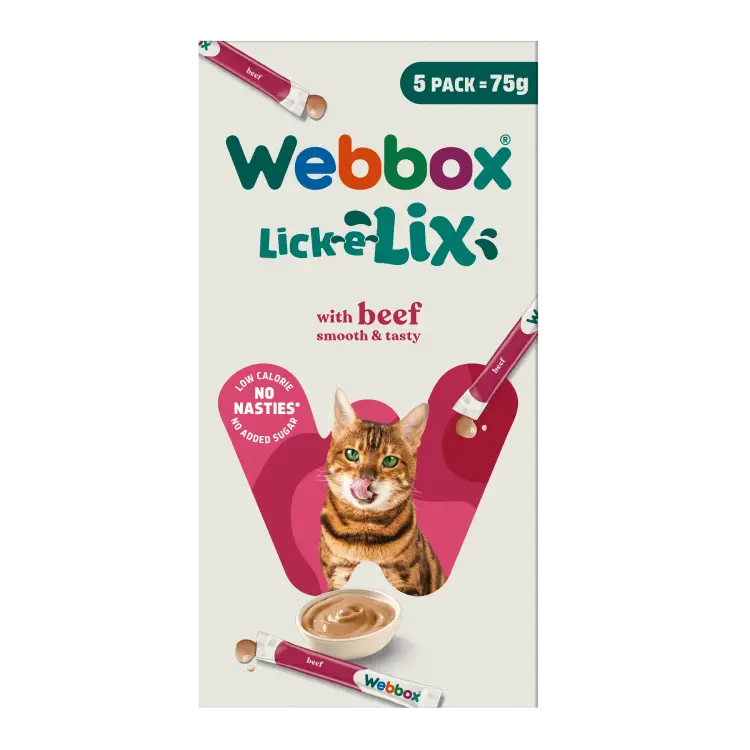

Webbox Lick-e-Lix with Beef Cat Treats 75g
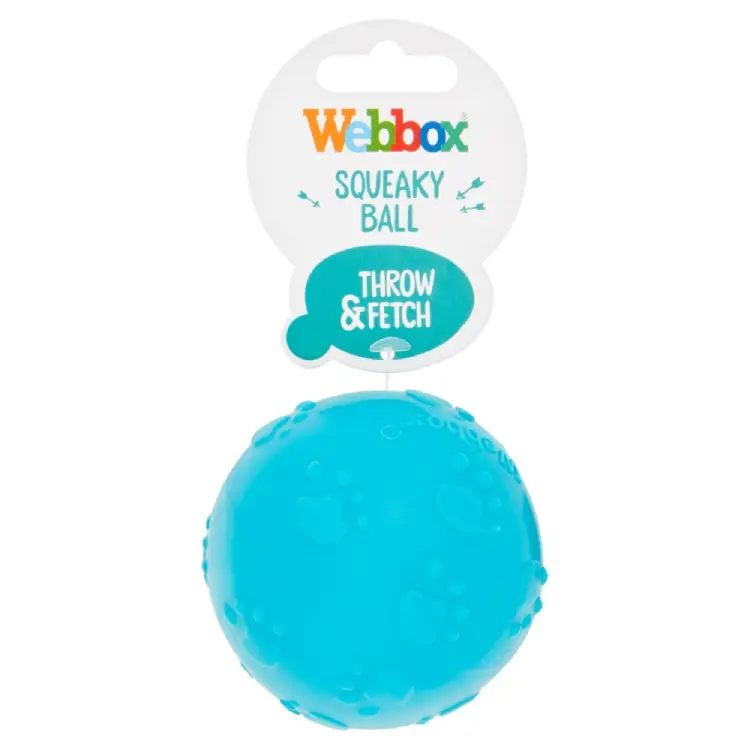

Webbox Squeaky Ball Dog Toy
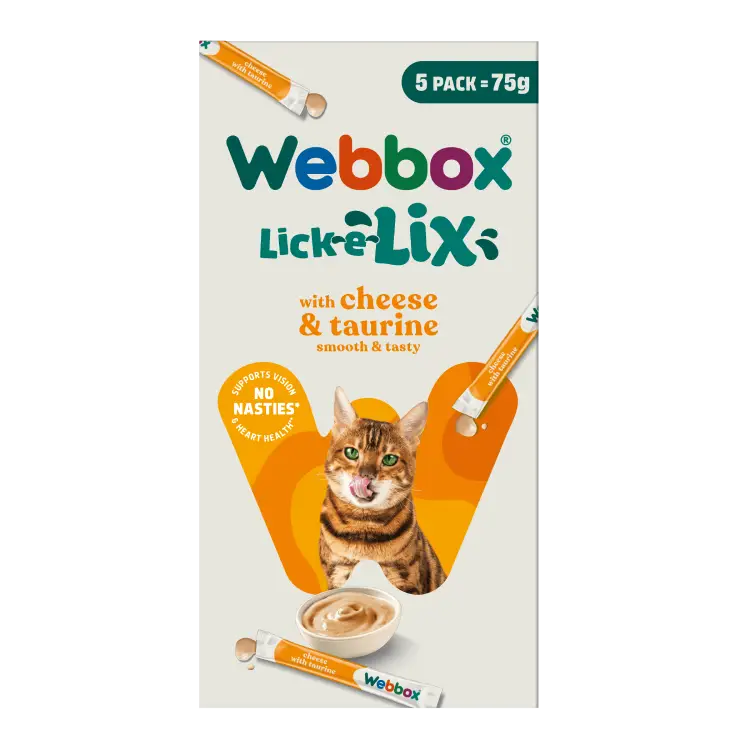


Webbox Lick-e-Lix Cheese & Taurine Cat Treats 75g
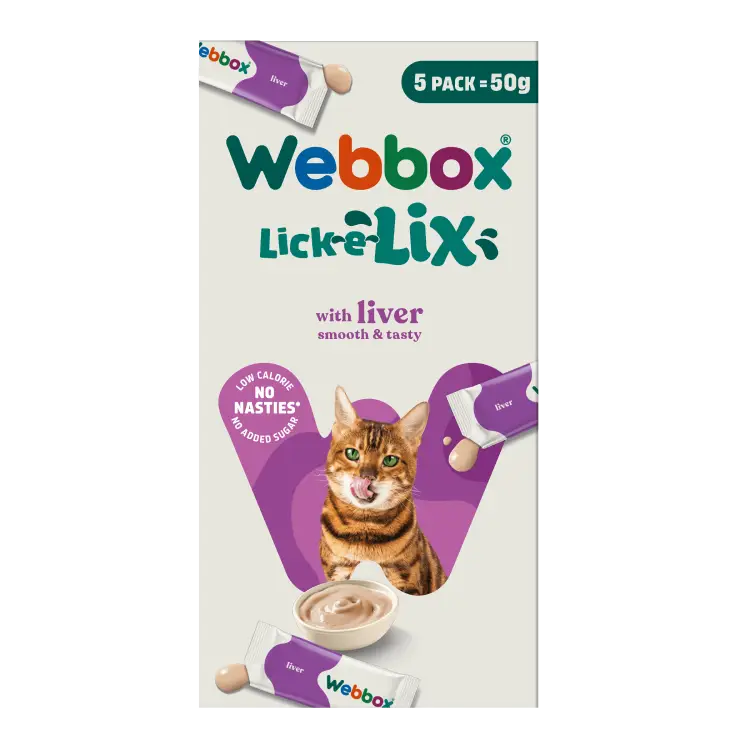

Webbox Lick-e-Lix Liver Cat Treats 50g
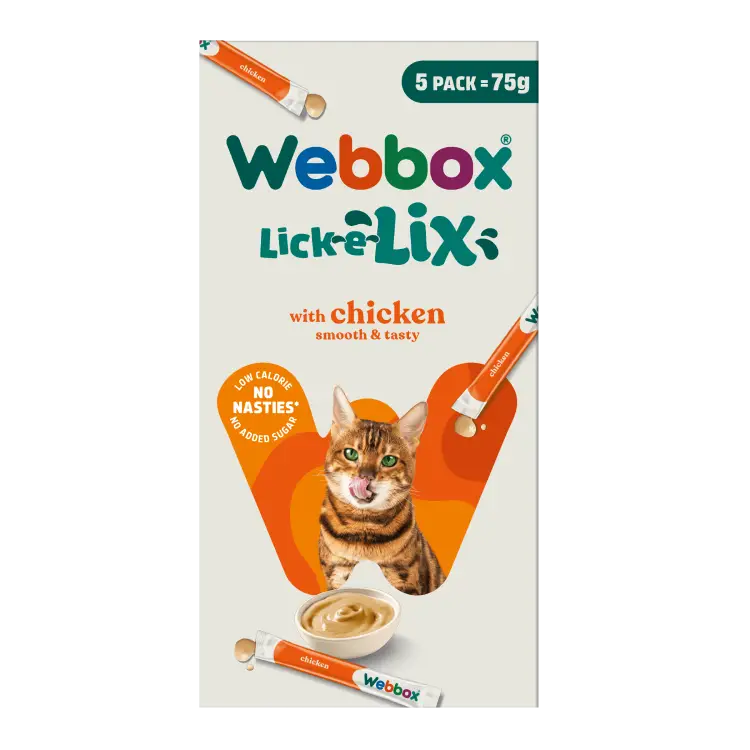

Webbox Lick-e-Lix Chicken Cat Treats 75g


